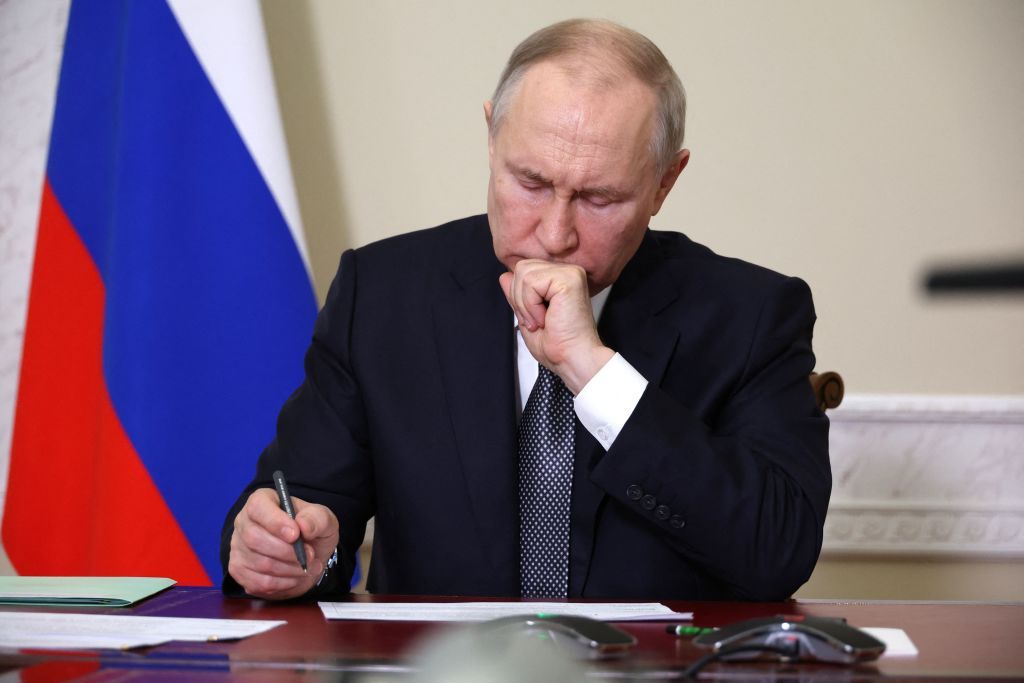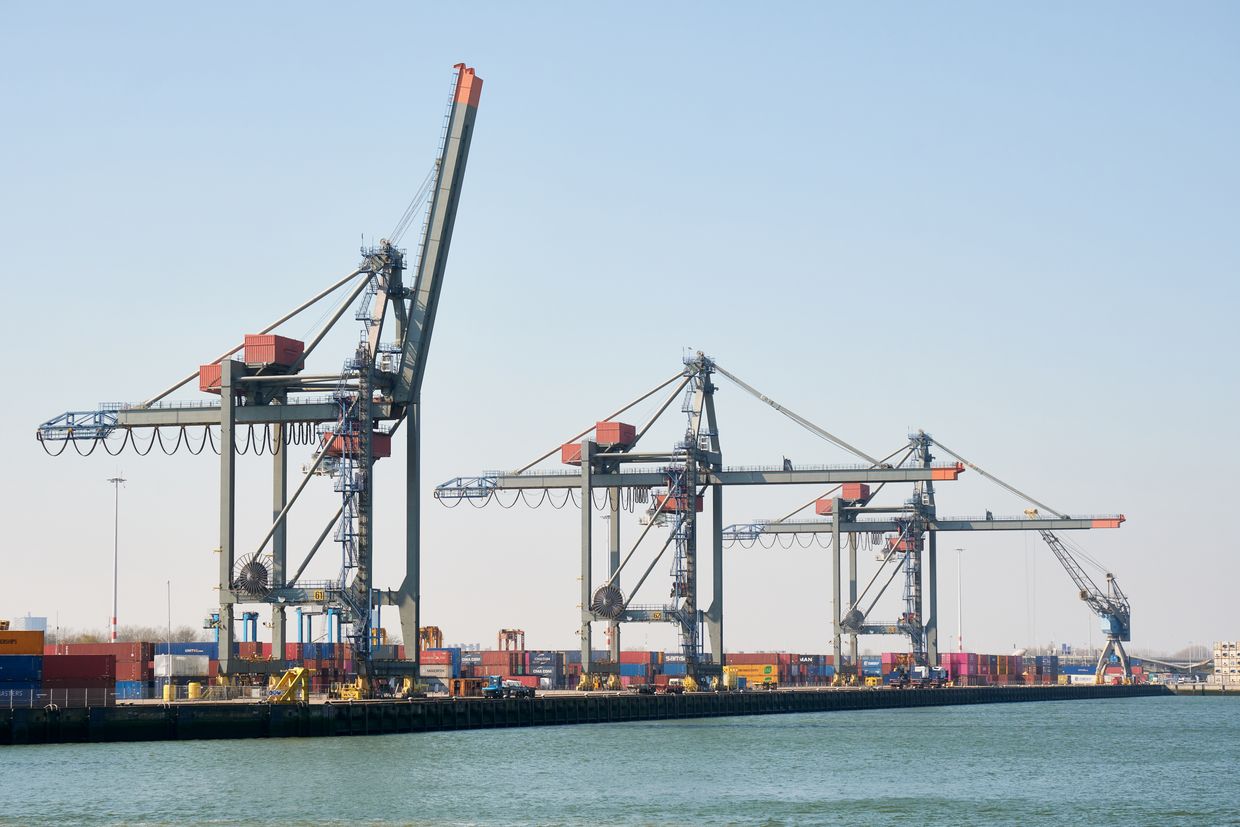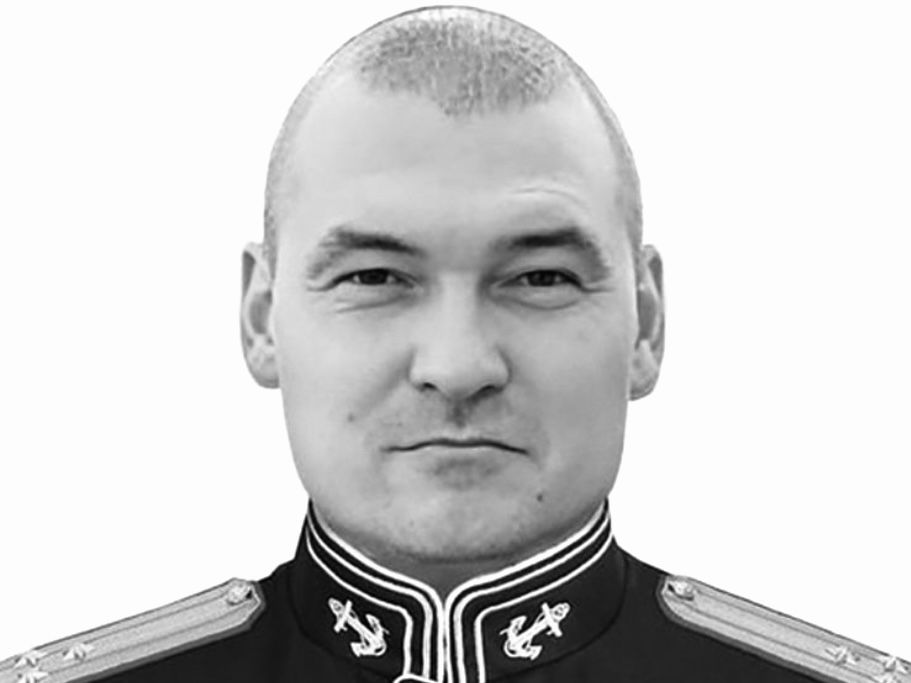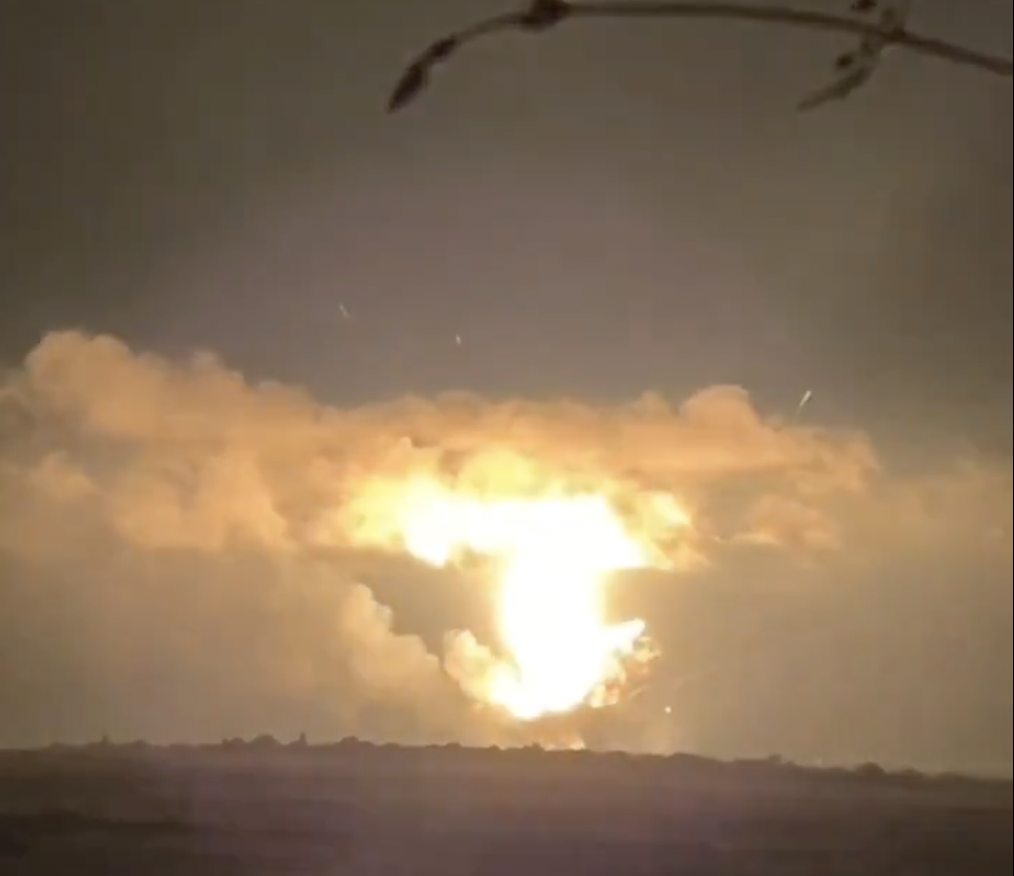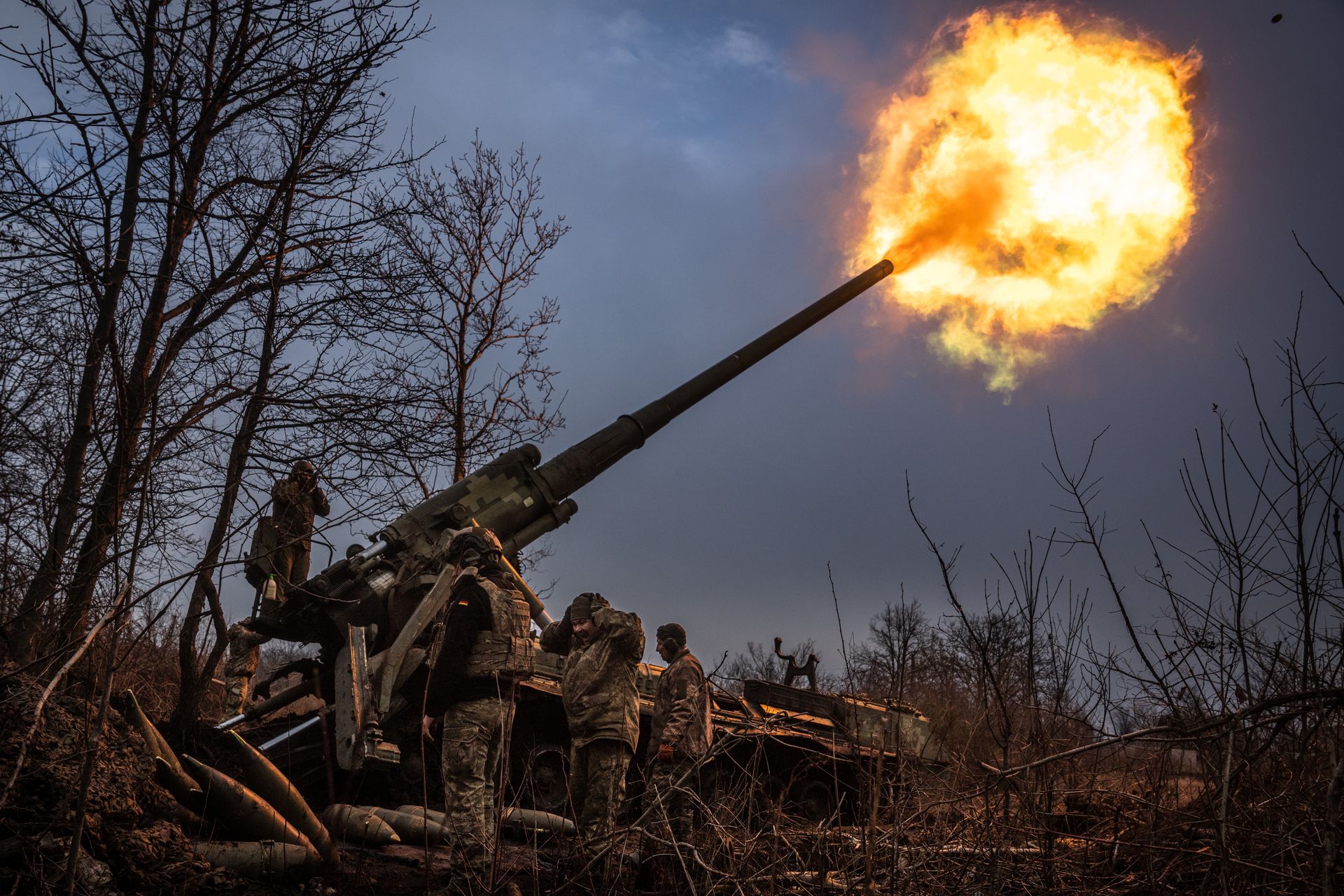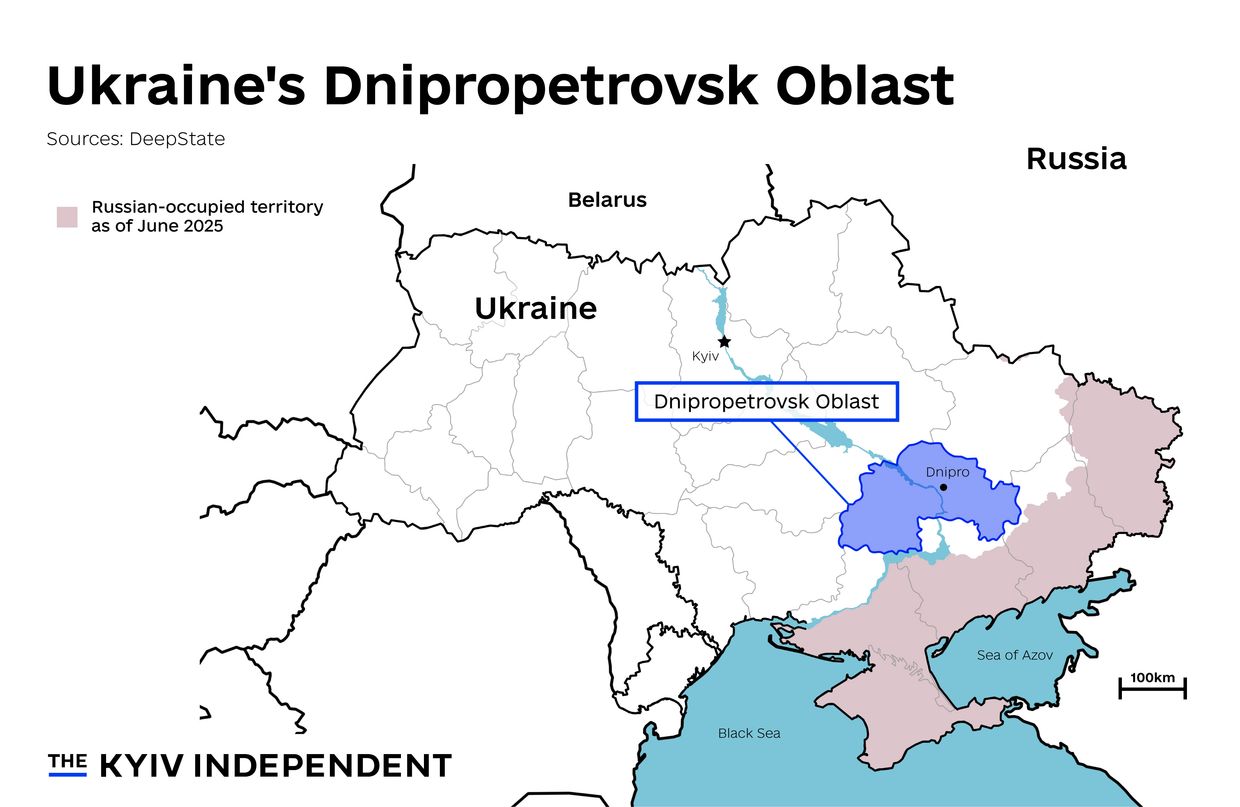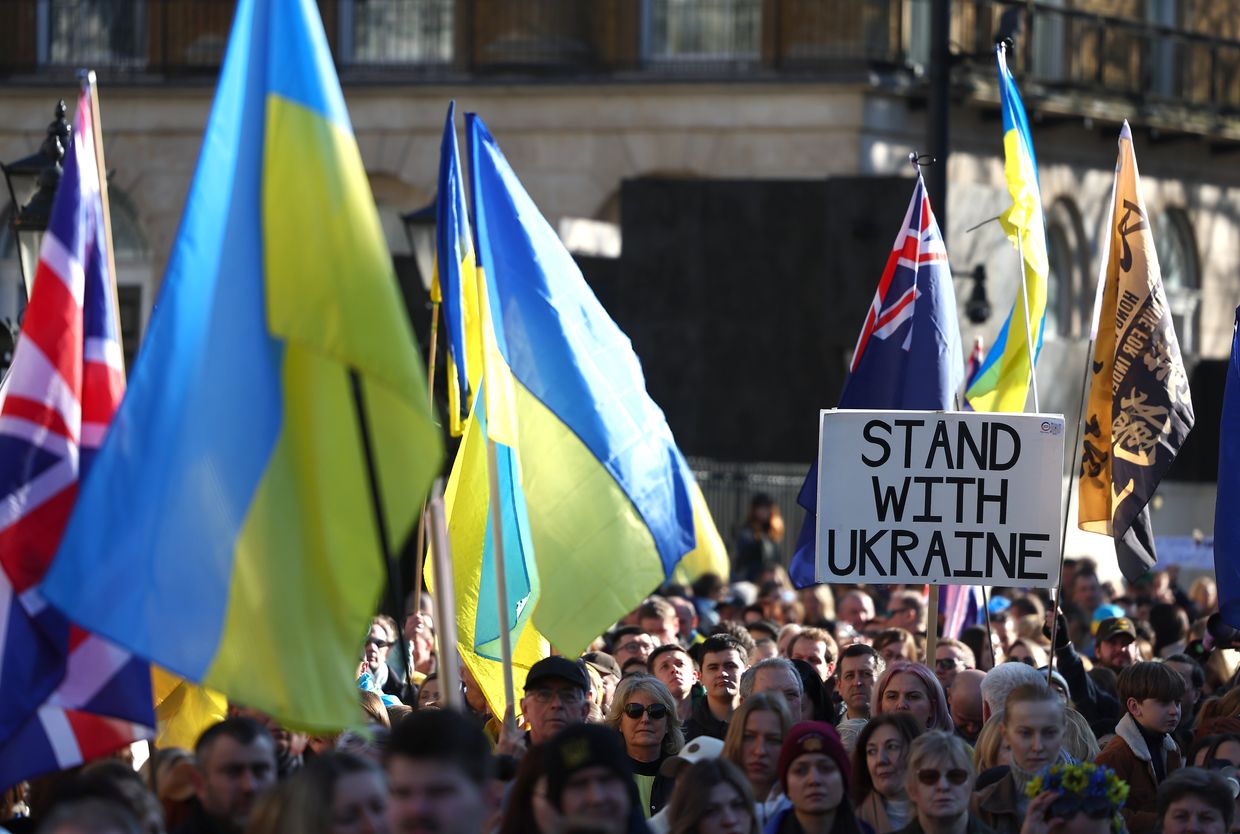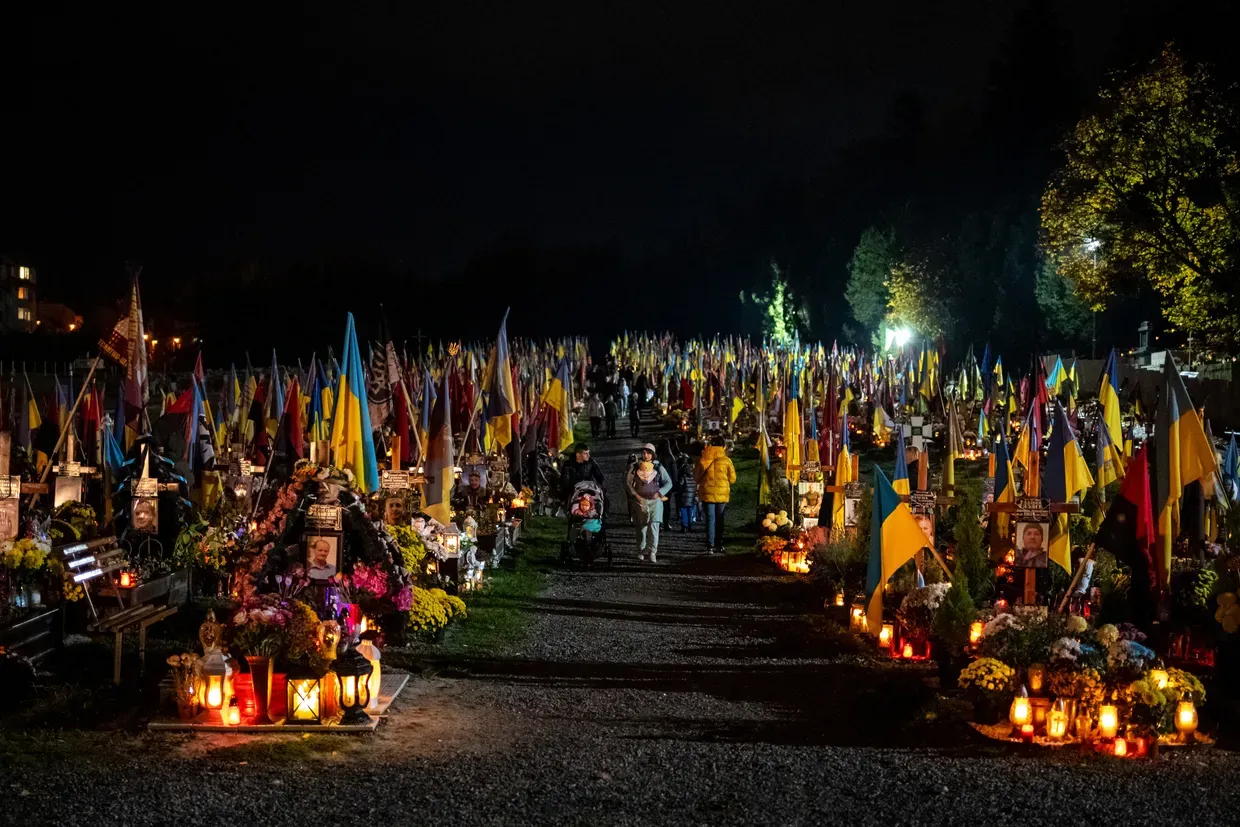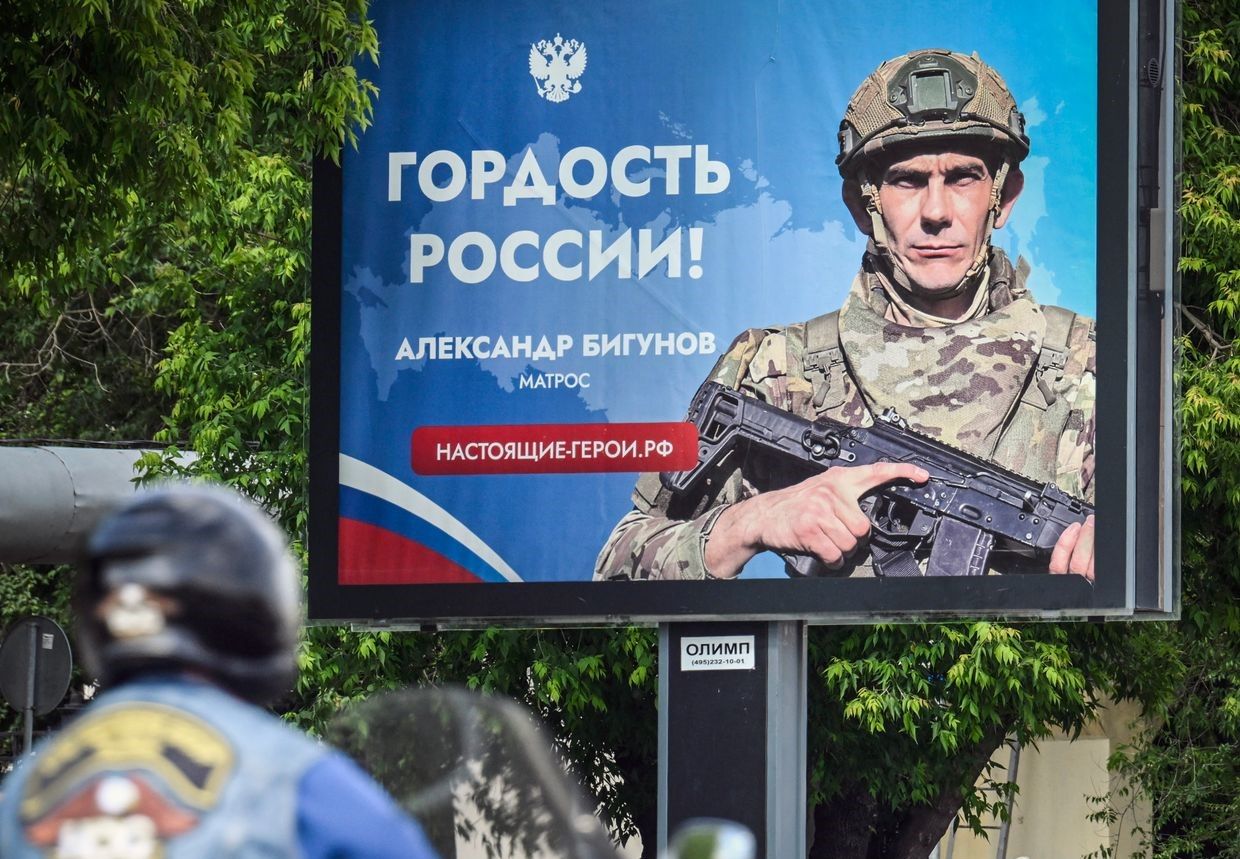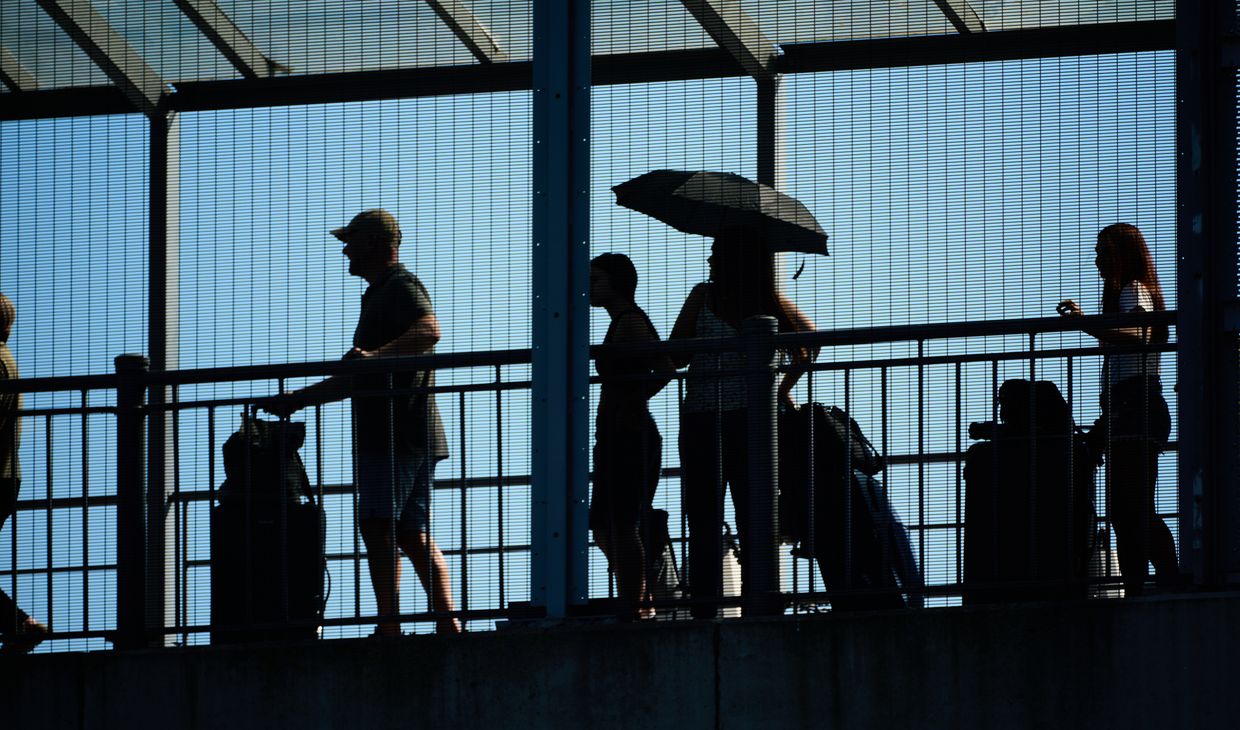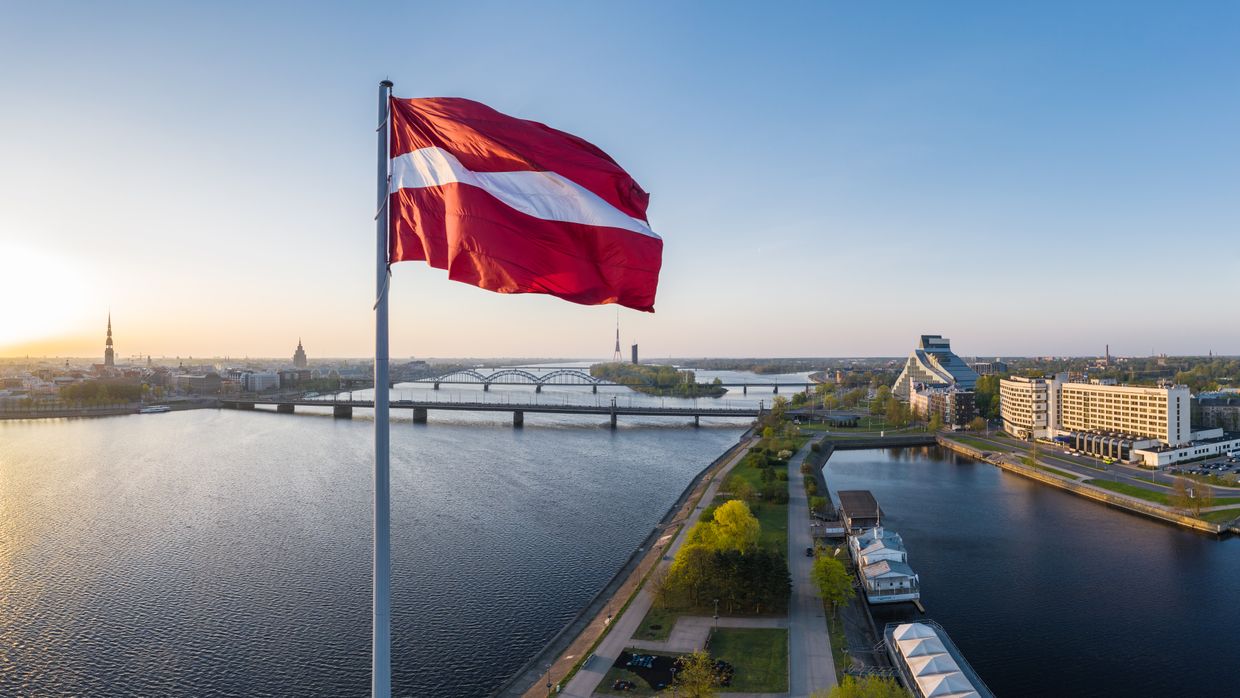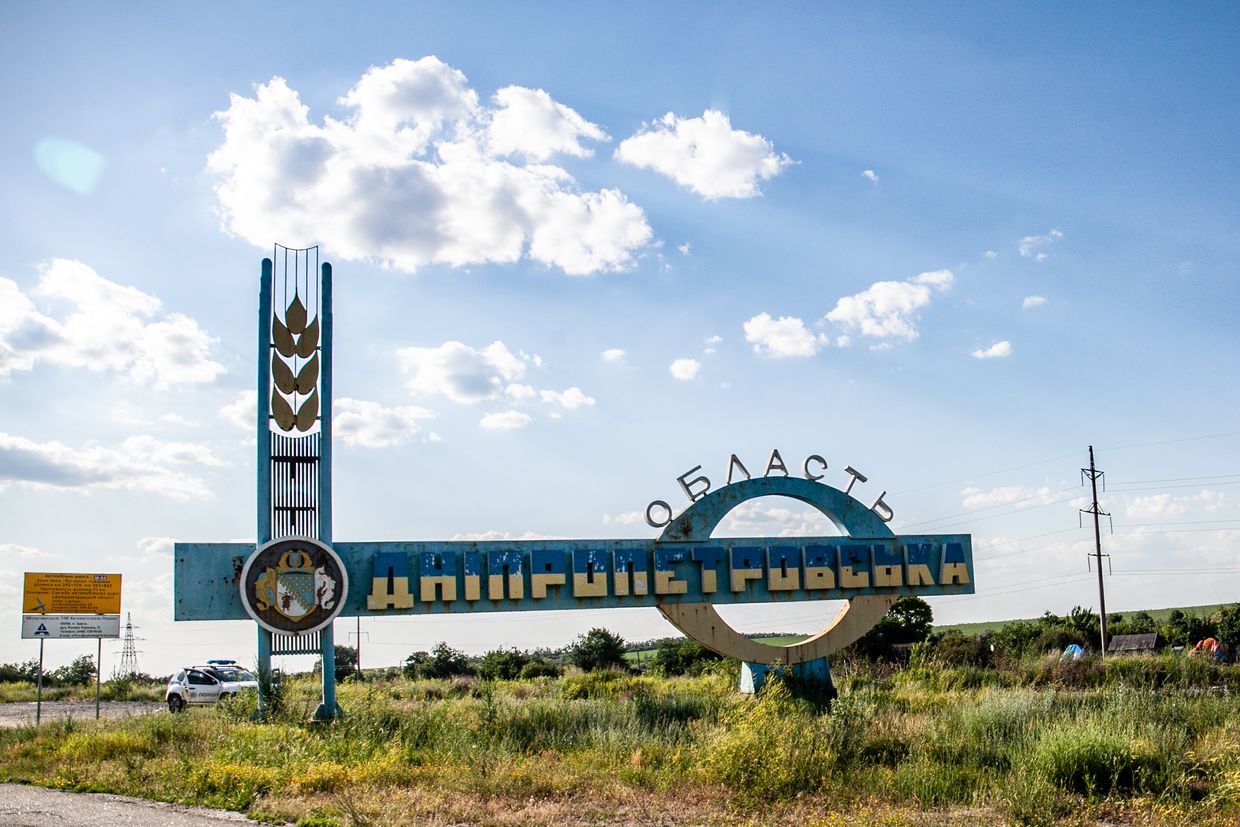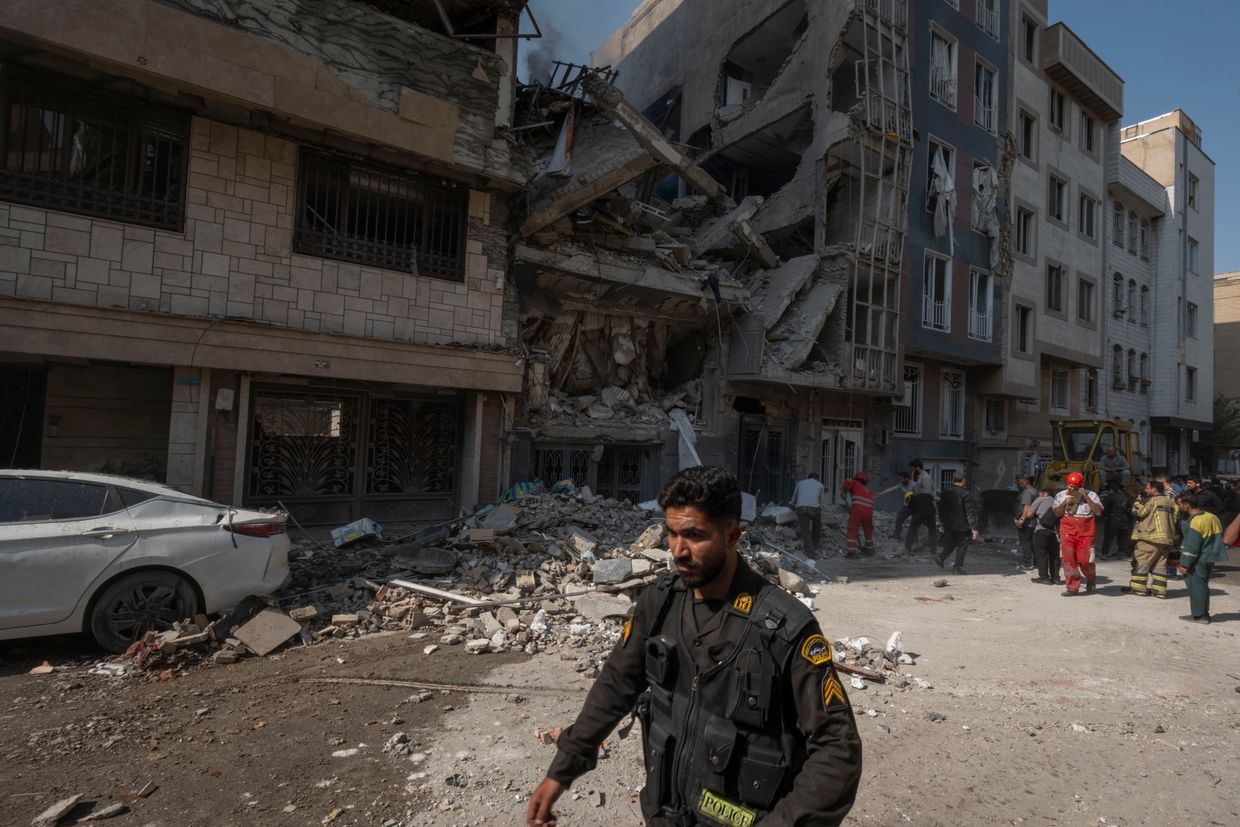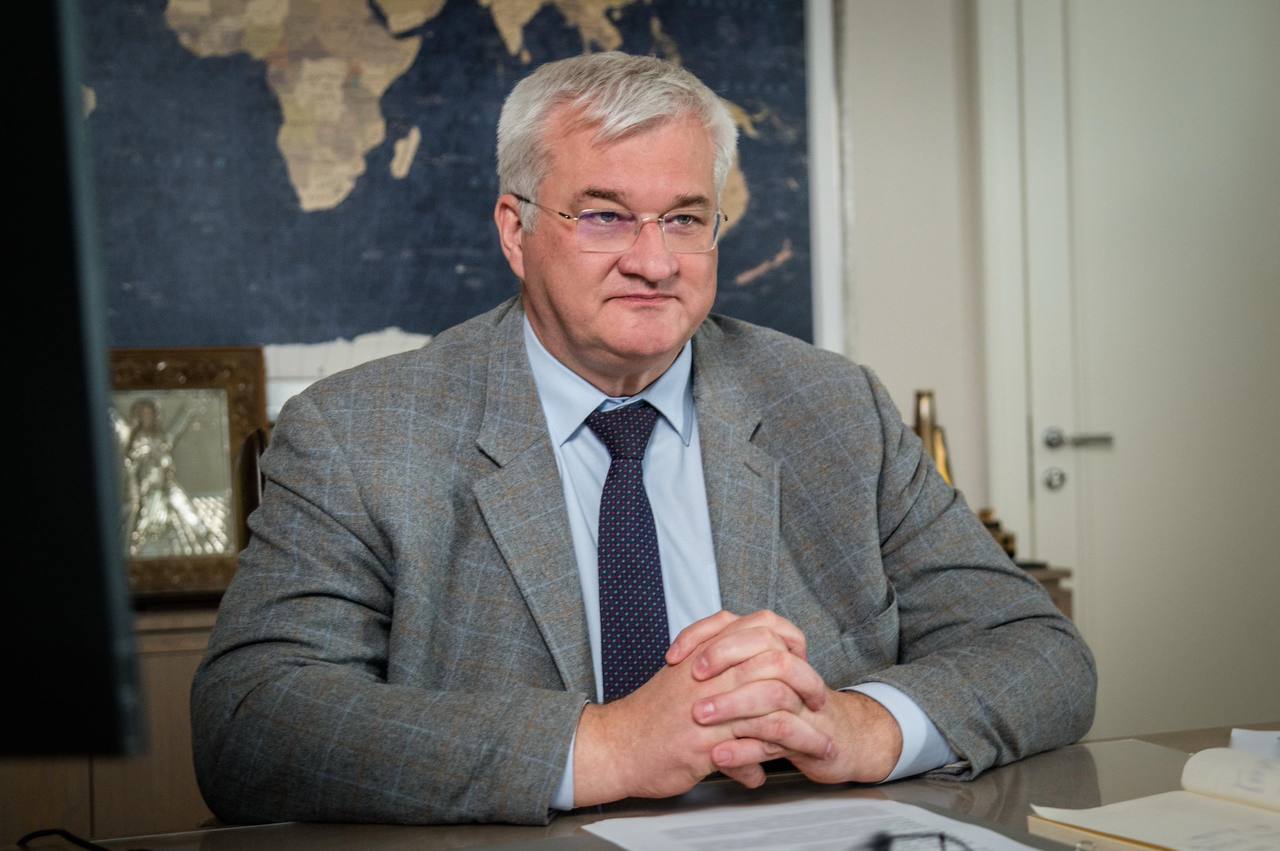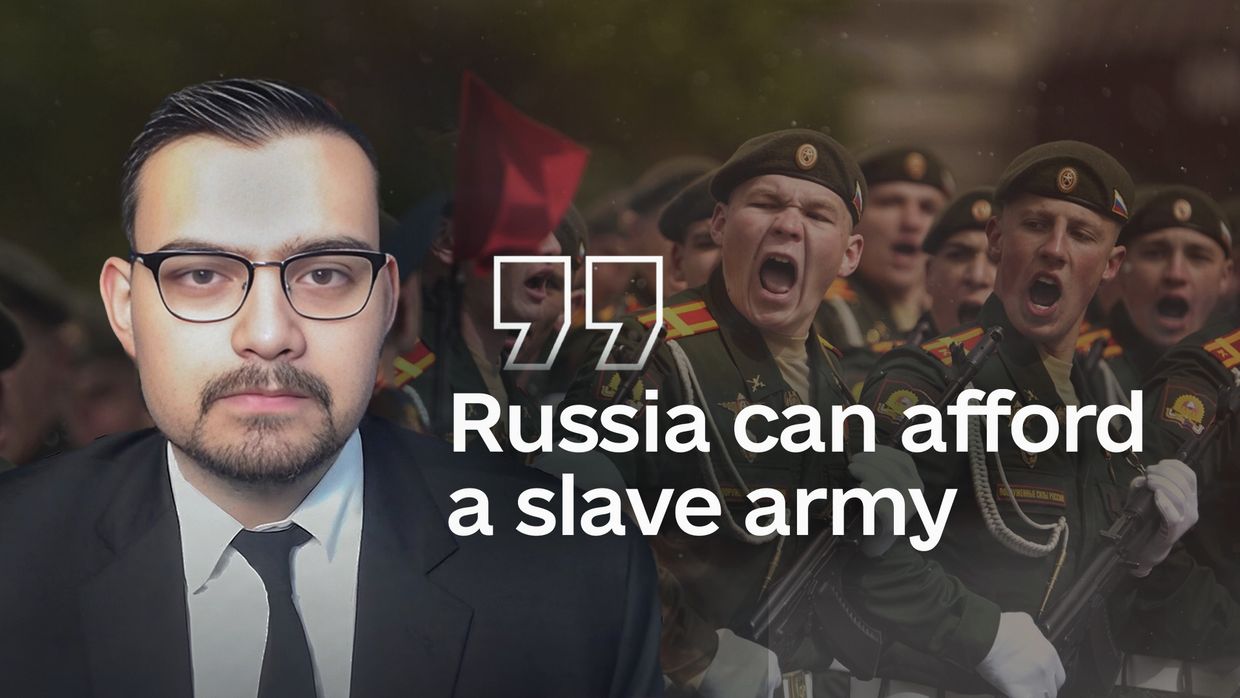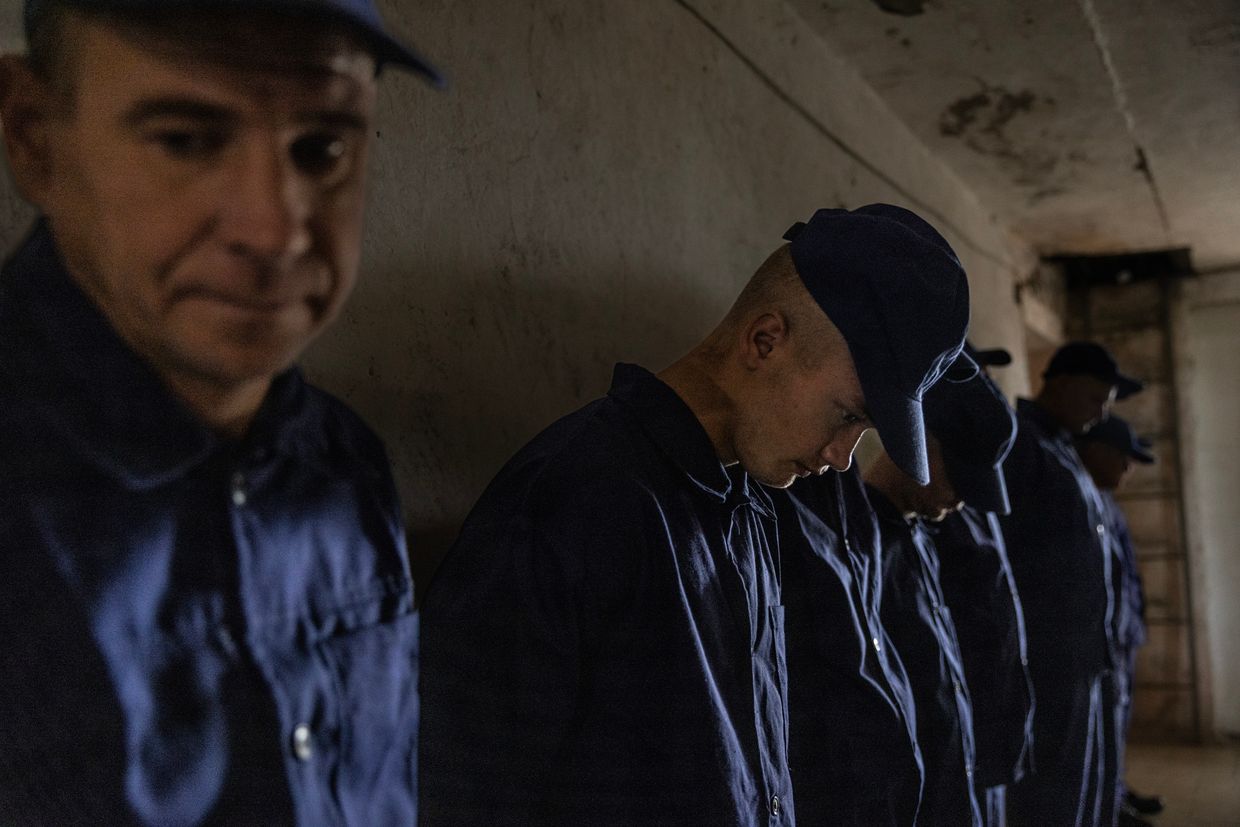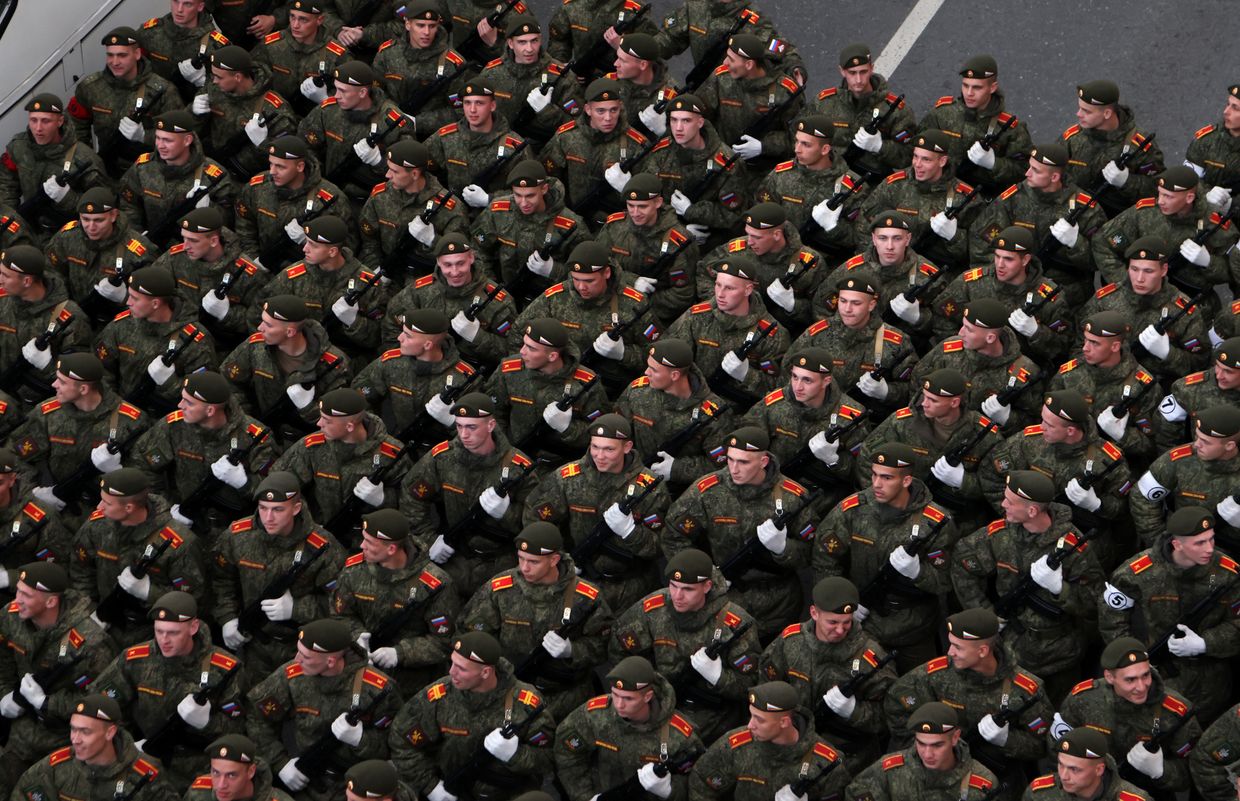Russia masses 100,000 troops to crush Ukraine’s defenders in Donetsk’s crucial battle
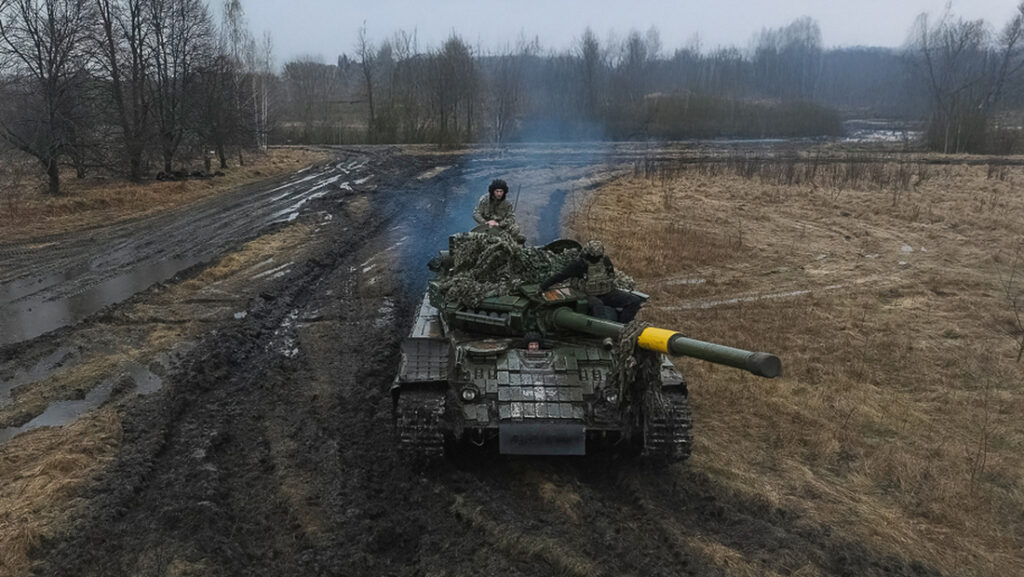
Dmytro Zhmailo, a Ukrainian expert and the Executive Director of the Ukrainian Center for Security and Cooperation, says Kyiv troops managed to stop the first wave of the Russian offensive. Currently, Moscow is trying to fulfill its main objective — the complete capture of Donetsk and Luhansk oblasts, UNIAN reports.
Last week, Russian President Vladimir Putin revealed that Moscow plans to escalate military operations in eastern Ukraine within the next 60 days. Russia currently occupies about 20% of Ukraine’s territory, including most of Luhansk Oblast, two-thirds of Donetsk Oblast, and parts of Zaporizhzhia and Kherson Oblasts. Moscow illegally declared the annexation of the four oblasts following sham referenda in late 2022, not fully controlling them.
He notes that the second wave of Russian forces’ so-called summer offensive has just been launched. Although the Russians have had some successes in certain areas, the Ukrainian Armed Forces were able to repel the first wave of the offensive.
Zhmailo explains that the main reason for Russia’s advance near the Kostiantynivka settlement in Donetsk Oblast is the large concentration of Moscow’s units. About 100,000 troops from the overall 700,000-strong Russian grouping are concentrated there. Currently, the Russians are receiving reinforcements for the start of the second wave of the offensive.
However, according to him, the battle for Kostiantynivka has not yet begun. The city’s administration and police are still operating, although there is an ongoing humanitarian crisis with issues in water and electricity supply. Ukrainian troops hold positions in Chasiv Yar and on the outskirts of Toretsk, holding back the Russian occupiers’ rapid advance.
Moscow troops are focusing their most significant efforts along the Pokrovsk–Kostiantynivka highway, trying to “breakthrough” villages to get closer to the city. In the northern part of the region, activity has increased in the Lyman direction, with the prospect of reaching Sviatohirsk and squeezing the non-occupied territories of Donetsk.
